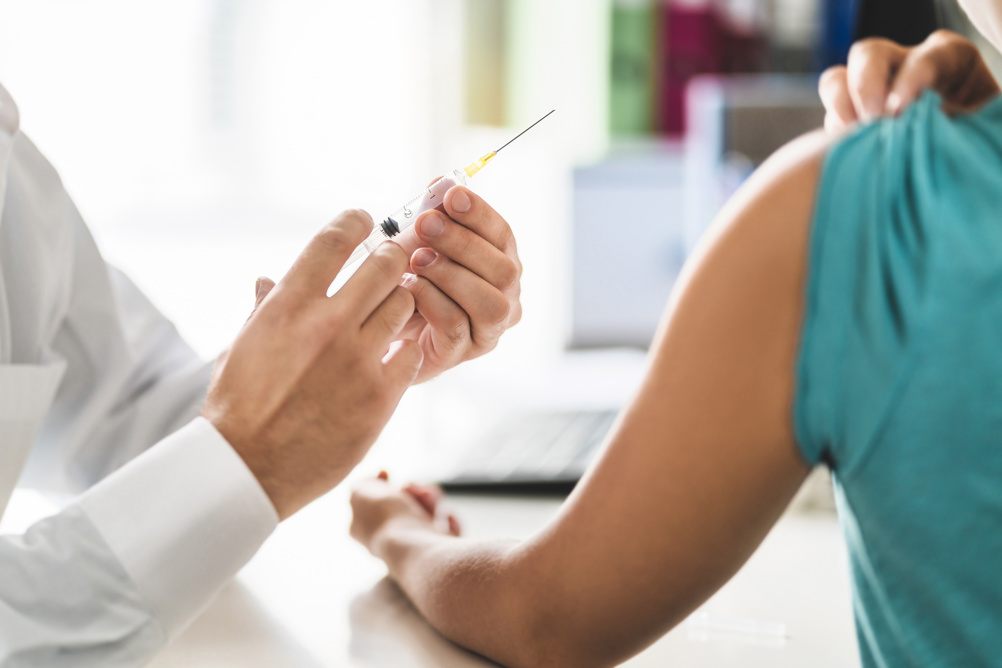
The world’s first gonorrhoea vaccine is set to be rolled out in England through the NHS from August 2025. The vaccine is an already existing jab for meningococcal B disease (4CMenB) and will be offered from locally commissioned sexual health services to eligible parties. The roll-out is supported by the UK Health Security Agency (UKHSA) who found that the 4CMenB vaccine could prevent 100,000 cases of gonorrhoea over the next decade.
- Gonorrhoea: a guide for primary care nurses
- Gonorrhoea could become untreatable amid surge in drug-resistant strain
- ‘World first’ gonorrhoea vaccination scheme could be introduced in the UK
‘This vaccination programme is a hugely welcome intervention at a time when we’re seeing very concerning levels of gonorrhoea, including antibiotic resistant gonorrhoea. In 2023 we saw gonorrhoea diagnoses reach their highest since records began in 1918,’ said Dr Sema Mandal, Consultant Epidemiologist and Deputy Director at the UKHSA. ‘Not only will this rollout provide much needed protection to those that need it most, but it will make the UK the first country in the world to offer this protection and a world leader in protecting people against gonorrhoea.’
The jab could tackle the record number of gonorrhoea cases that have emerged in England over recent years. The Joint Committee on Vaccination and Immunisation found that gonorrhoea cases were three times higher in 2023 than in 2012, with nearly 55,000 cases reported in the first nine months of 2024. Researchers believe that the jab has the potential to save the NHS over £7.9 million if uptake remains high. Eligible patients will also be offered the vaccine for mpox, hepatitis A and B as well as for HPV.
‘This is excellent news and a landmark moment for sexual health in England,’ said Professor Matt Phillips, President of the British Association for Sexual Health and HIV. ‘A new gonorrhoea vaccination programme – alongside continued rollout of mpox vaccination – forms a vital part of our efforts to address the significant inequalities we are seeing in sexual health outcomes.’
